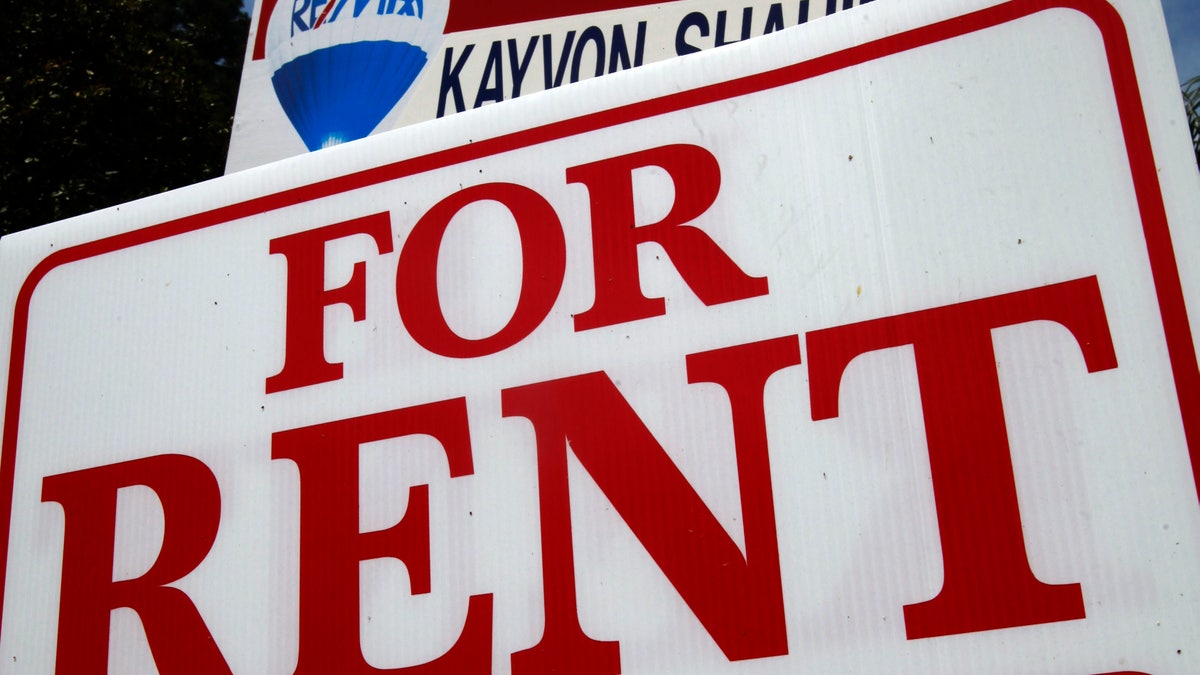
FILE -- Associated Press
Presidential election debates offer an opportunity to shine a national spotlight on issues that deserve attention. It’s sad to say, but fantasy football has received more airtime during the recent debates than housing, despite the central role that housing plays in all of our lives.
Like millions of Americans, I found myself cringing at the remarkable display of media bias during last week’s presidential debate on CNBC.
With their barrage of disrespectful questions, it’s obvious the debate moderators hoped to start a back-alley knife fight among the candidates, thinking it’s “reality TV” that people want to see when they tune into the debates. What they got instead was a mutiny: to their credit, the candidates refused to become unwitting actors in this condescending spectacle.
Of course, the real story here is that much of the mainstream media doesn’t really hold the American people in very high regard. They think most folks want to be entertained, rather than educated.
For many young Americans burdened with student loan debt, the idea of purchasing their own home is a pipe dream.
But the truth is the American people are desperate for solid, bankable information. We are deeply concerned about the future direction of our country and want to know the candidates’ plans for improving the economy and strengthening national security. We want to know how the candidates stack up against each other, with differences and similarities brought to the fore.
A presidential debate, if done right, can be a wonderful vehicle for conveying this information.
More than seven years after the collapse of the housing market, the situation in housing remains deeply troubled, with housing affordability a top concern.
Nearly 40 million U.S. households spend more than 30 percent of their incomes just on housing costs, the federal threshold beyond which housing is no longer considered affordable. For renters the situation is particularly dire: a record number, nearly 21 million, devote in excess 30 percent of their income on housing while more than 11 million spend in excess of 50 percent.
Rising rents are making it even more difficult to save for a mortgage down payment. This factor, combined with tougher underwriting standards and years of stagnating wages, have resulted in a steep drop in the national homeownership rate. For many young Americans burdened with student loan debt, the idea of purchasing their own home is a pipe dream.
The broad demographic trends now unfolding in America – new household formation by young Millennials, the increasing diversity of the population, and the aging of the Baby Boomers – will likely exacerbate the problems of housing affordability and diminished access to homeownership.
It’s time to put these issues on the table in the presidential campaign. If I were moderating one of the debates (hint: I’m available), here are some questions I might ask:
* Rising rents are impacting a lot of young people, particularly those living in the larger cities. In many areas, a shortage of affordable rental homes is a major factor contributing to these rising costs. What’s your plan to address this problem?
* How would you make sustainable homeownership more accessible to more Americans, particularly for those families seeking to buy a home for the first time?
* The senior population will nearly double over the next 15 years. What steps, if any, should the federal government take to ensure we have an adequate supply of safe and affordable homes for the elderly?
* Fannie Mae and Freddie Mac were first placed under government conservatorship more than seven years ago. Today, they remain in legal limbo. What should happen to the two mortgage giants and what’s your plan for housing finance reform?
* Through tax incentives and direct spending, the federal government budgets approximately $200 billion annually in support of housing. Are we using these funds wisely and in ways that promote economic opportunity?
Candidates, please take note: A recent poll by the University of New Hampshire Survey Center shows that housing is very much on the minds of the citizens of the Granite State, the location of the first-in-the-nation primary.
According to the poll, a striking 88 percent of New Hampshire adults believe that housing affordability is a problem, with 34 percent considering it a “very serious” one. Eighty-two percent of those polled said it is harder today for young adults to afford homeownership. In addition, 75 percent said the presidential contenders should focus on housing, with a healthy 35 percent indicating they would be more likely to vote for a candidate who put forth a specific plan on housing affordability.
With the CNBC debacle behind us, let’s hope housing gets the attention it deserves in future presidential debates. I am confident that any candidate who demonstrates an understanding of the depth of the problem and offers some solutions will be rewarded at the polls.
